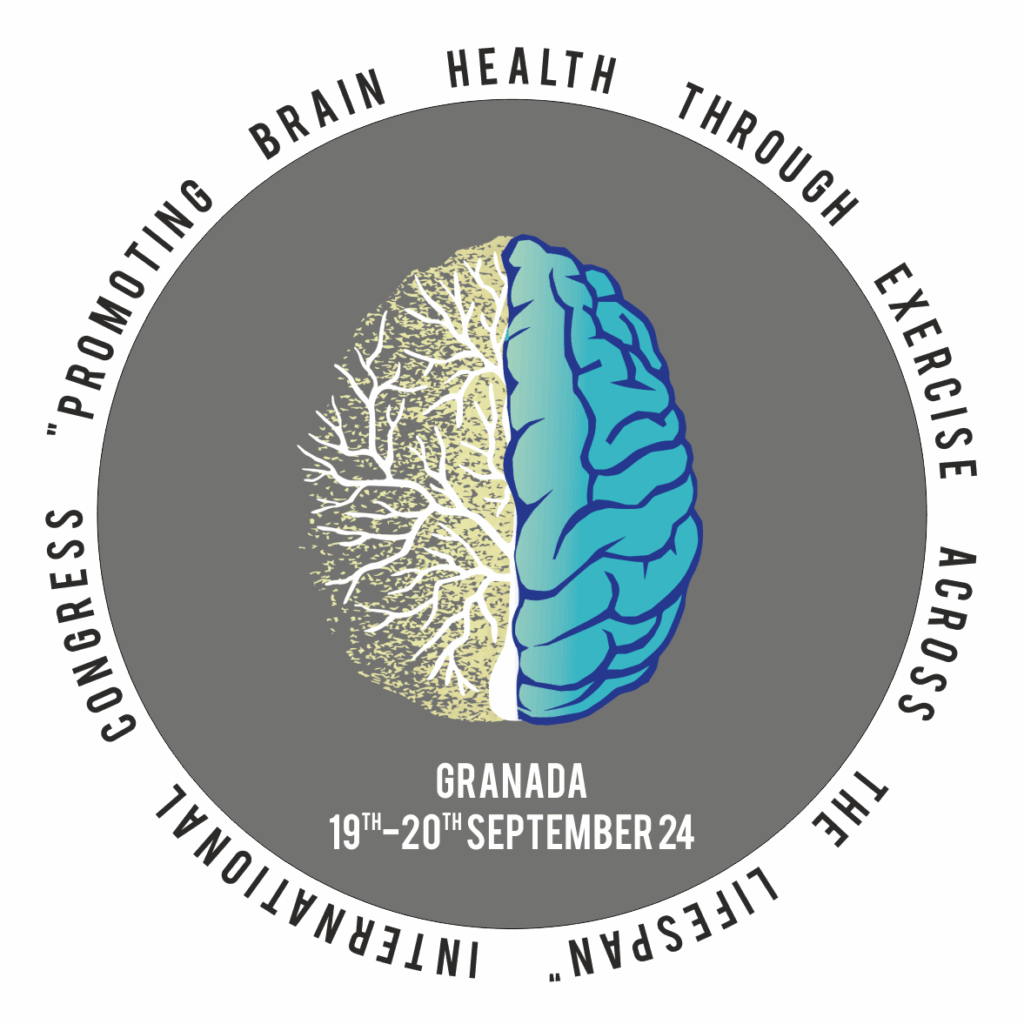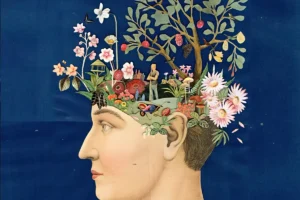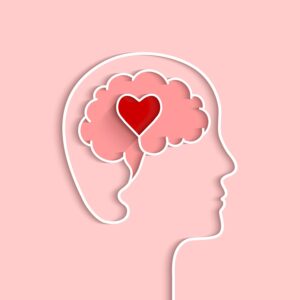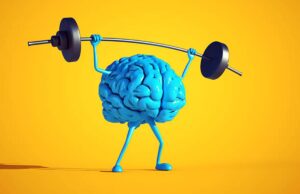
Imagine a world without music—no melodies to lift your spirits, no rhythms to get your heart racing. Music is more than just entertainment; it’s a powerful force that can shape the very structure of your brain. From childhood lullabies to epic symphonies, the melodies we encounter carve neural pathways, influence our emotions, and even enhance our cognitive abilities. Dive into this harmonious journey and discover how music transforms your mind in fascinating ways!
Tune Into Your Mind: How Music Shapes Brain Connections
When you listen to music, your brain becomes a bustling metropolis of activity. Different regions work in concert—your auditory cortex decodes the sounds, while the limbic system processes emotion and memory. Repeated exposure to melodies strengthens the connections between these areas, creating a more integrated network that boosts emotional regulation and memory recall. It’s as if each song you love leaves a blueprint in your neural architecture, making your brain more adaptable and resilient.
Learning to play an instrument takes this process even further. Musical training rewires your brain, particularly in areas responsible for fine motor skills, spatial reasoning, and attention. Studies show that musicians often have denser gray matter in regions linked to these functions, which translates to sharper focus and enhanced problem-solving skills. This neural plasticity demonstrates how engaging with music actively remodels your brain, turning it into a more flexible and interconnected organ.
Music therapy is a shining example of how these changes can be harnessed for good. Therapeutic interventions use music to stimulate brain regions damaged by injury or disease, encouraging the formation of new pathways. Whether helping stroke patients regain speech or improving mood in depression, these programs show that music’s ability to shape neural connections is not just theoretical—it’s a practical, life-changing phenomenon. Your brain’s capacity to adapt is, after all, music’s greatest gift.
From Notes to Neurons: The Bright Side of Musical Magic
The beneficial effects of music extend beyond emotional well-being. Engaging with melodies can literally boost your brain’s structure and function, creating a brighter, sharper mind. For example, musical training during childhood can enhance language development by strengthening the neural networks involved in processing speech sounds. It’s as if music lays down a foundation that supports learning and cognitive growth throughout your life.
Moreover, music has been shown to increase connectivity between hemispheres, promoting better communication across different brain regions. This interhemispheric dialogue enhances creativity, problem-solving, and even multitasking. So next time you’re humming a tune or tapping your foot to a beat, remember—you’re not just enjoying a moment of fun; you’re actively sculpting your brain into a more harmonious and powerful organ.
The magic of music also extends to neuroplasticity—the brain’s ability to reorganize itself by forming new connections. Listening to or creating music can stimulate the growth of new neurons and strengthen existing pathways, especially in aging brains. This means that it’s never too late to harness the brain-boosting benefits of music. Whether you’re learning an instrument or simply appreciating your favorite song, you’re keeping your brain vibrant, flexible, and thriving.
===OUTRO:===
From the first notes that tickle our ears to the intricate symphonies that challenge our minds, music holds a special power to reshape our brains in joyful ways. It weaves its magic into the very fabric of our neural networks, enhancing our emotional health, intelligence, and resilience. So, keep the melodies coming—your brain will thank you for it, playing a tune that lasts a lifetime!






